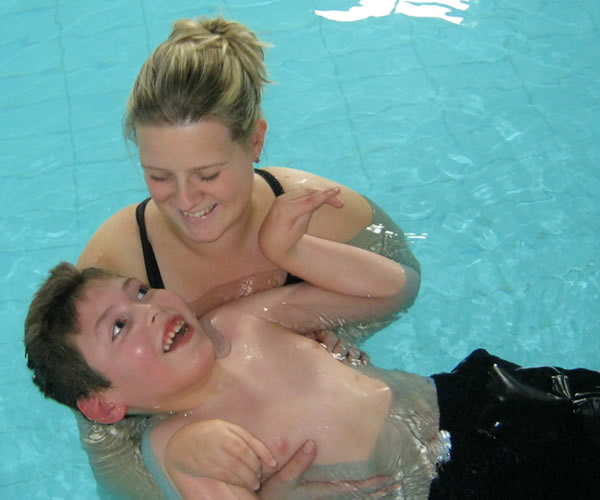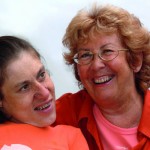Within This Issue
This issue starts with an appreciation of the late Professor Chris Kiernan. Next, Peter Limbrick and his colleagues point out, defining “therapy” is not always straightforward and they explore critically what is ‘therapy’ and what it really means to be a ‘therapist’. Helpfully, they offer guidelines for the uninitiated about how to make appropriate selections from the growing number of therapies that are on offer. There is one family’s view of the importance of postural care, a twenty-four hour therapy using systems of support, while another article hails a Postural Care Campaign, showing what can go wrong when postural care systems are not available. The significance of modern equipment, a well-designed environment and staff training, feature in other articles by physiotherapists working in schools and other settings. The impact of therapists working together as a multi-disciplinary team to provide day services staff with training is also described. Other articles tell us about the value of Music Therapy for one young man; the need to truly listen to what children and young people might be needing to say and to mitigate the potentially overwhelming sensory impact of commonly occurring events and activities; and from adult services, a genuine attempt at consultation to ensure that the voices of people with PMLD have been ‘heard’ and translated as accurately as possible, when developing services. There are also articles on developing a personalised and meaningful communication system using objects of reference, therapeutic story telling and on “interaction therapy”.




